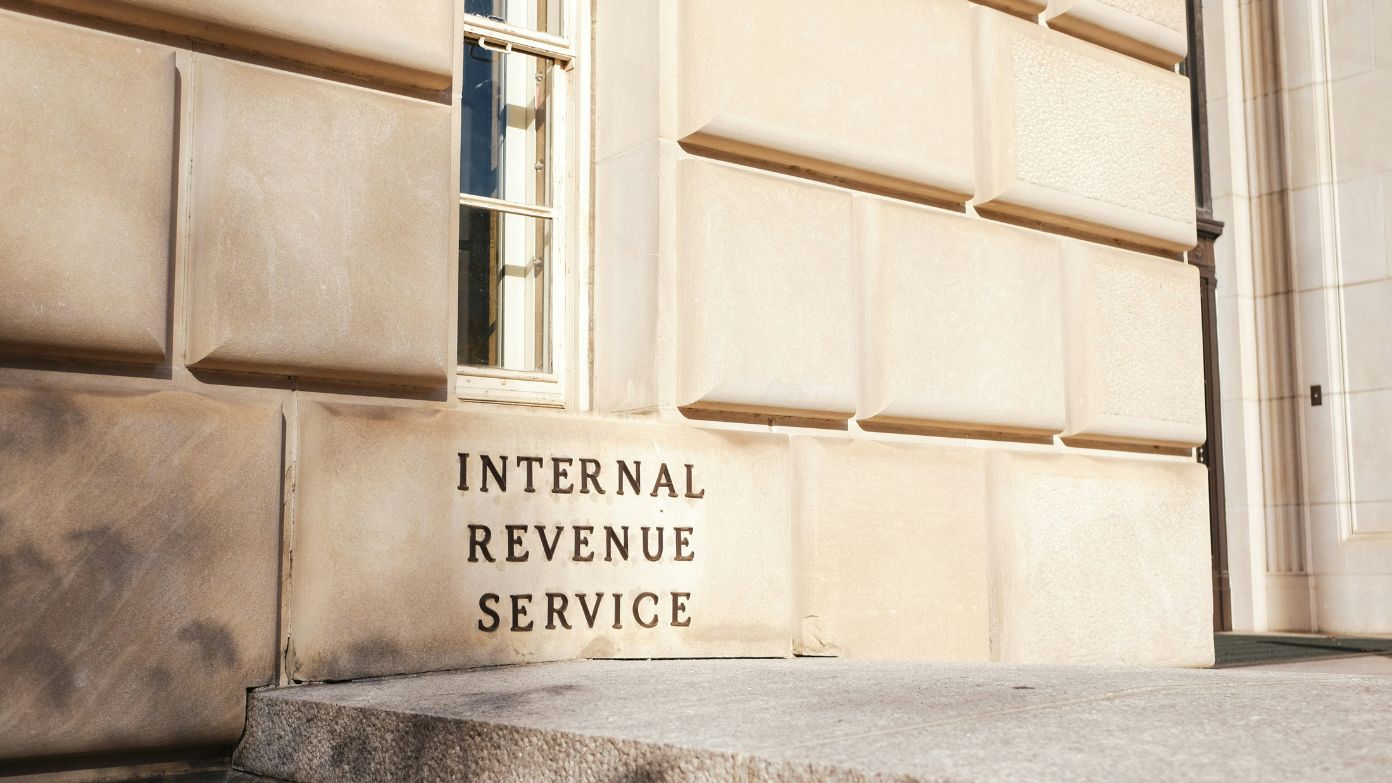When you deposit money into your bank account, it may feel like a normal everyday thing. But did you know that if certain amounts are involved, your bank is legally required to tell the government about it? That is not something to take lightly. Here is what you need to know.
What amount triggers bank reports to the IRS?
If you deposit $10,000 or more in cash, your bank is required by law to report it to the federal government. This law comes from the Bank Secrecy Act of 1970, and it is meant to prevent things like money laundering, drug trafficking, or terrorism financing.
- This rule covers both deposits and withdrawals over $10,000.
- It also applies whether you deposit the amount at once or split it between different banks or branches.
You cannot avoid this rule by breaking your deposit into smaller chunks. The government sees that as “structuring,” and it is illegal.
What is structuring, and why is it risky?
Structuring is when someone tries to avoid the $10,000 limit by making smaller deposits, like putting $3,000 in today, $4,000 tomorrow, and another $3,000 next week. If those add up to $10,000 and the bank thinks it is being done on purpose, they will report it.
“Structuring will get you in hotter water than depositing $30,000,” says Morris Armstrong, a licensed tax agent in Connecticut.
Even if the money is clean and legal, trying to avoid the reporting limit is still a crime.
Does this rule apply to more than just cash?
Yes. This law is not just about dollar bills.
- Cashier’s checks, money orders, and foreign currency that go over $10,000 are also reported.
- If someone gives you an $11,000 cashier’s check, the bank that issued the check has to report it, not the one that receives it.
So while regular personal checks are not usually part of this rule, other forms of payment are.
What about suspicious deposits under $10,000?
Even if your deposit is less than $10,000, your bank might still report it if it seems suspicious.
- Banks are trained to watch for anything that looks out of the ordinary.
- If they notice you often deposit cash just under the $10,000 mark, they might report that behavior too.
Bob Castaneda, a financial officer with 50 years of experience, says, “Suspicious activity in excess of $5,000 detected by the bank or an institution is also required to be reported.”
Do small business owners have to report cash income?
If you run a business and accept cash, you are also responsible for reporting when someone pays you $10,000 or more.
- You must file IRS Form 8300 within 15 days of receiving the money.
- This applies to food trucks, barbershops, auto shops—any business that handles cash.
Even if someone pays in smaller amounts that add up to $10,000, you still have to report it.
“If a person dropped off $10,000 as a retainer for me to handle a tax issue, I would file a Form 8300 within 15 days,” says Armstrong.
Continue reading:
IRS Form 4868 Tax Extension in 2024: what is it, instructions, how to fill it out and where to apply
Do I have to report my VA Disability to the IRS if I’m a Veteran and how much of it is taxable?
IRS Form W-7 in 2024: what is it, instructions, how to fill it out, and where to apply

